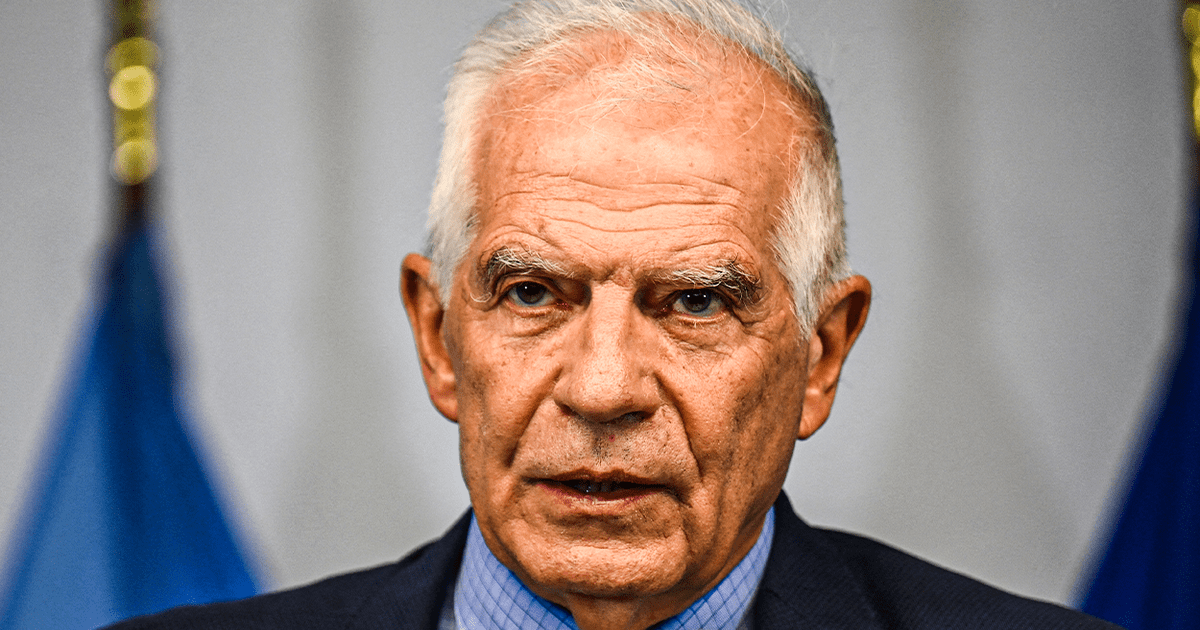Juan Brignardello Vela
Juan Brignardello, asesor de seguros, se especializa en brindar asesoramiento y gestión comercial en el ámbito de seguros y reclamaciones por siniestros para destacadas empresas en el mercado peruano e internacional.




In a political move that has captured the attention of analysts and citizens alike, the president of El Salvador, Nayib Bukele, visited Argentina to meet with his counterpart, Javier Milei. This meeting not only symbolizes a gathering between two leaders of similar political trends but also raises questions about the intentions behind this encounter and the possible repercussions in the region. Bukele, known for his unconventional leadership style and innovative approach to governance, has been a polarizing figure in the Central American context. Since taking office, he has implemented bold policies that have transformed the political and economic landscape of El Salvador. His push for the adoption of Bitcoin as legal tender is just one of the many initiatives that have garnered international attention. In this regard, his visit to Argentina appears to be part of a broader strategy to forge alliances with leaders who share his vision. On his part, Javier Milei, who assumed the presidency of Argentina with a libertarian discourse and promises of radical reforms, has made it clear his intention to break with the past and seek a drastic change in his country's economic policy. His agenda includes a significant reduction in the size of the state and the pursuit of a model closer to free market principles. The convergence of their ideas could lead to a synergy that benefits both countries in economic and social aspects. During the meeting, both presidents discussed mutual interests such as the fight against organized crime and the creation of a conducive environment for foreign investment. Bukele has faced significant challenges on this front, and his search for international support may be aimed at strengthening his position in the region. In turn, Milei may see in this alliance an opportunity to project his economic model throughout Latin America. A key aspect of the meeting was the exploration of potential Argentine investments in the Central American country. Bukele has expressed interest in attracting foreign capital to boost the Salvadoran economy, and collaboration with Argentina could open new doors for development. At a time when both countries are seeking economic revitalization after the ravages of the pandemic, this alliance could prove beneficial. However, not everything is optimism. Some analysts warn that the closeness between the two leaders may be viewed with suspicion by other countries in the region, especially those that have maintained more traditional and stable relationships. The combination of their radical approaches may generate tensions in an already complex geopolitical context. Power dynamics in Latin America have shifted in recent years, and any movement that implies significant changes in regional policy is likely to provoke reactions. Moreover, the ideology of both presidents raises questions about how sensitive issues such as human rights and democracy will be addressed. Bukele's administration has been criticized for its concentration of power and for actions that some consider authoritarian. In this sense, the relationship with Milei could be an opportunity to legitimize practices that other governments have questioned, which would generate an ethical debate surrounding the governance of both leaders. Nevertheless, the visit also presents an opportunity for both presidents to position themselves as representatives of a new paradigm in the region, one that challenges traditional models and seeks bolder alternatives. Their ability to attract international attention may be a determining factor in their respective political careers and in how they are perceived in the future. Finally, Bukele's visit to Argentina could mark the beginning of a new era of collaboration between countries seeking to redefine their place in the world. The consolidation of a strategic alliance between El Salvador and Argentina could not only benefit both but also influence the direction the continent takes in the coming years. Attention will be focused on the concrete actions that arise from this meeting and how these will impact regional politics and the lives of their citizens.
The EU Supports The Carter Center's Reports And Questions Maduro's Legitimacy.

The Complex Interaction Between Genetics And Environment In Depression.

"Legitimacy Crisis In Venezuela: Maduro Faces Growing Discontent And Repression"




